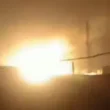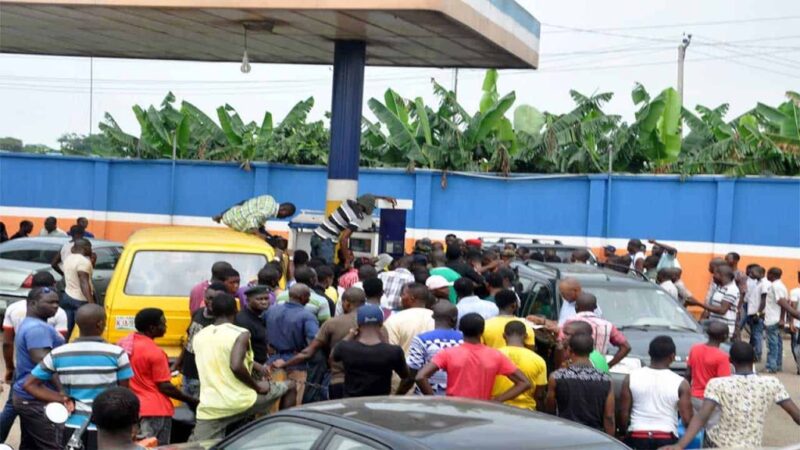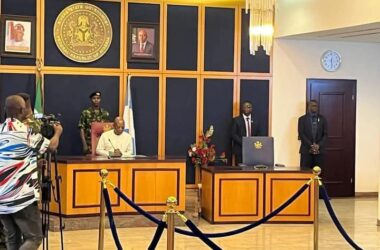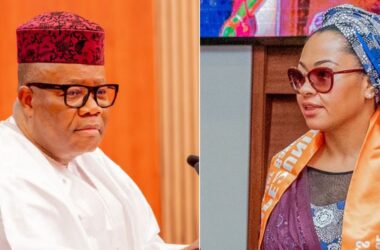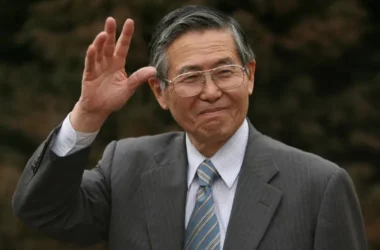Nigerians are experiencing severe petrol scarcity as the Nigerian National Petroleum Corporation Limited (NNPCL) has stopped selling Premium Motor Spirit (PMS), commonly known as petrol, to independent marketers.
This decision comes after NNPC raised the price of petrol across its outlets to N855 per litre on Tuesday, sparking widespread protests and transportation disruptions across the country.
Despite the arrival of three vessels at the Apapa jetty in Lagos to offload imported petrol, the price increase has left many commuters stranded, with long queues forming at fuel stations nationwide.
Commercial vehicle operators have raised their fares significantly due to the hike in petrol prices, making daily commutes a challenge for many Nigerians.
Hammed Fashola, the National Vice President of the Independent Petroleum Marketers Association of Nigeria (IPMAN), expressed frustration over the NNPC’s decision, stating that independent marketers who had paid for the product months ago were now unable to load petrol from the NNPC depots.
“They have stopped our loading,” Fashola said. “All the tickets we have in the kitties of NNPC, they are not treating them; everything has been suspended.”
Fashola also noted that the price disparity between NNPC and independent marketers had widened, with independent marketers forced to buy from private depots at even higher prices, often selling petrol between N1,200 and N1,300 per litre in some areas.
The fuel crisis has also led to protests in Delta State, where commercial tricycle operators, market women, and youths took to the streets to demand government intervention.
The fuel shortage has had a ripple effect on transportation and daily life across the country. In cities like Lagos and Ilorin, many residents have resorted to walking or using bicycles to get around due to the high cost of transport.
Reports indicate that black market prices have soared, with some areas in Ogun State seeing prices as high as N1,600 per litre.
Meanwhile, the Trade Union Congress of Nigeria (TUC) and the Nigeria Labour Congress (NLC) have criticized the government for the abrupt price hike, arguing that it will worsen poverty and economic hardship.
They have demanded an immediate reversal of the price increase and expressed concerns over the government’s lack of consultation with stakeholders.


